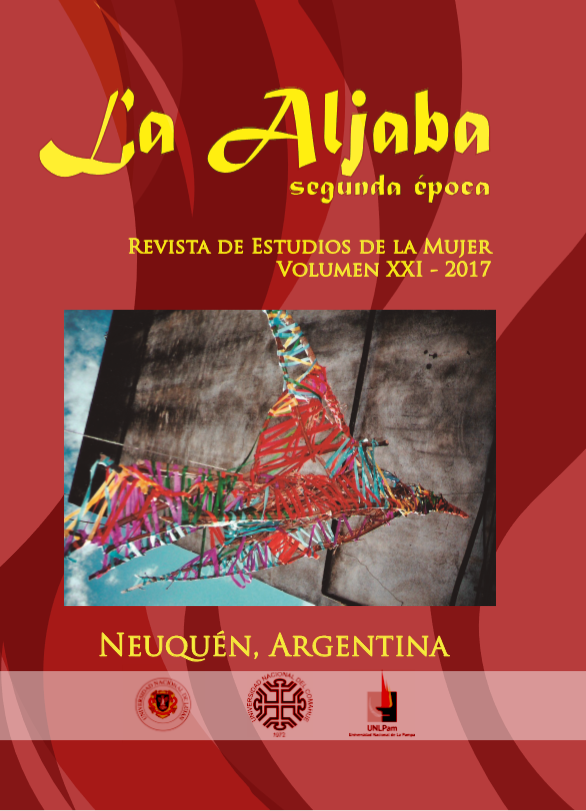Juridical culture and social culture under Austrias
Keywords:
legal culture, religion, justice, marriage, womanAbstract
Since the sixteenth century, the procedures of the Spanish justice system have shown significant progress compared to the previous period: civil lawsuits, in the royal courts and with law specialists, guaranteed to the conflicting parties a process based on laws, a specific procedure, Witnesses, evidence and a sentence. However, we still find degrees of indefinition and overlapping of jurisdictions between diverse legal apparatuses - civil and ecclesiastical - that continued in force. This means that the medieval legal fabric still had vitality in these centuries. These medieval remnants are observed in the religious character of the norms imposed by jurists and theologians on this society, in the choice of lawyers and in the system of beliefs, customs, social usages that is put in play in the arguments of the pleading parties and in the grounds of the judges' judgments. Tomas y Valiente argued that law is not an autonomous reality, but is based on a set of beliefs rooted in the culture and society of its time and responding to a series of conflicting interests that it tries to solve.


















4.jpg)




